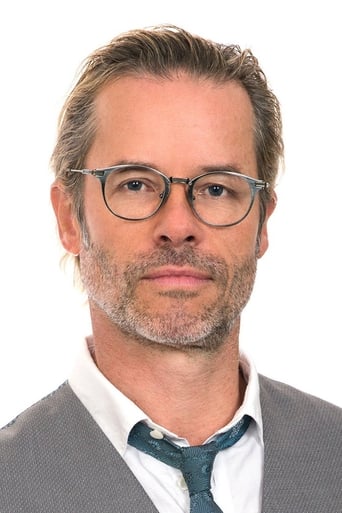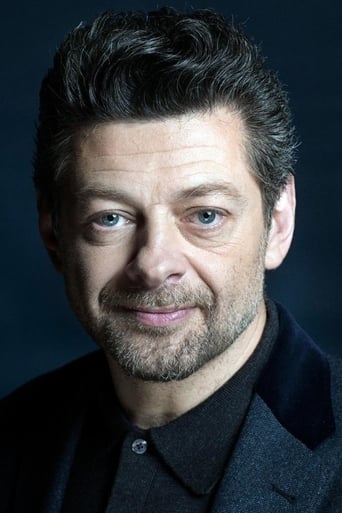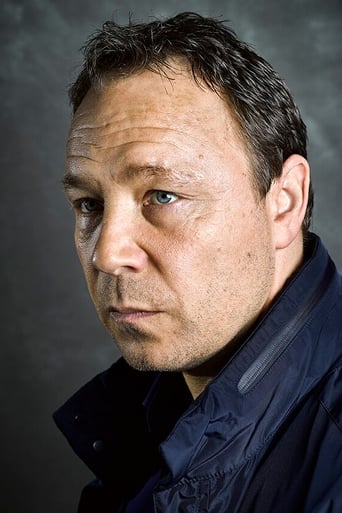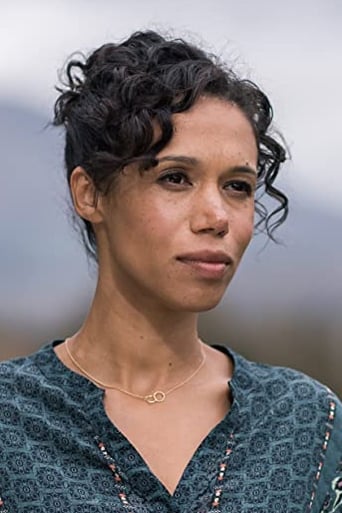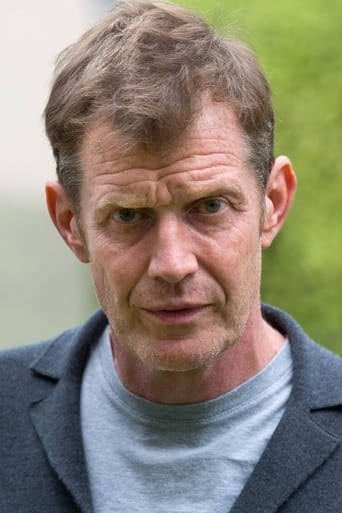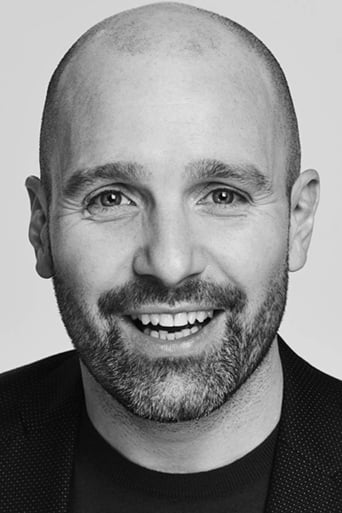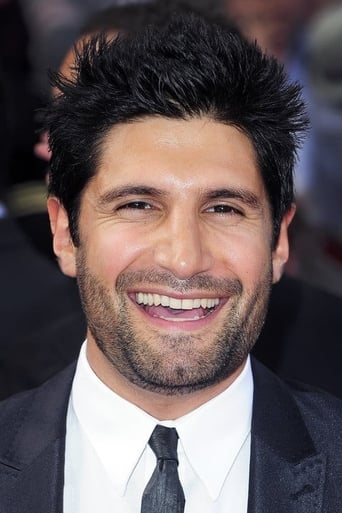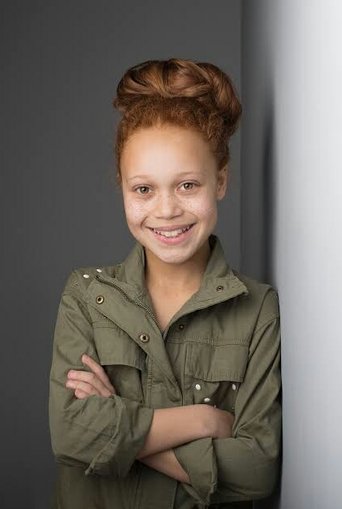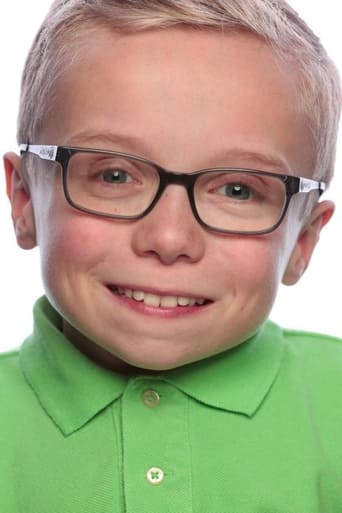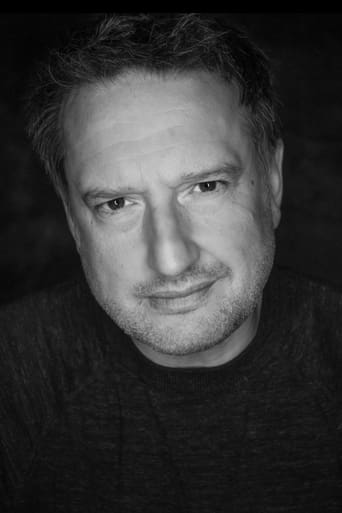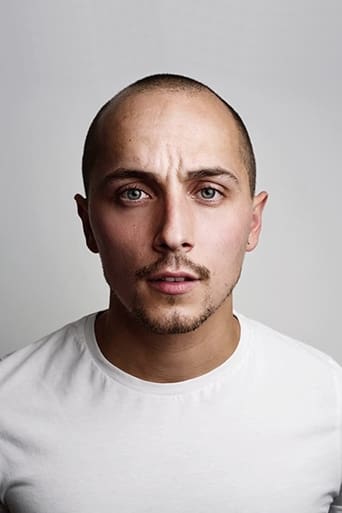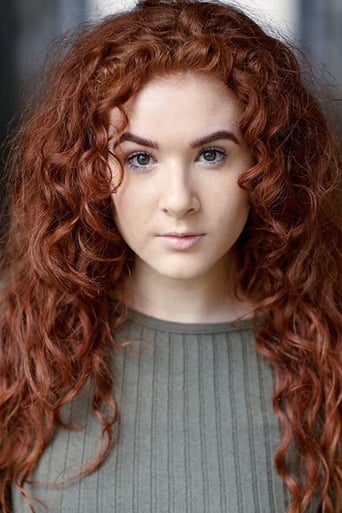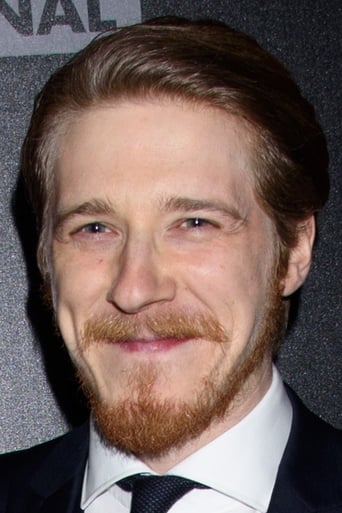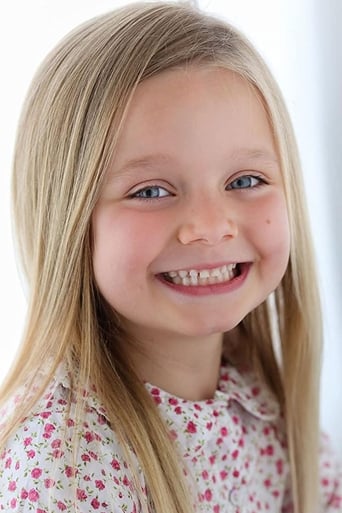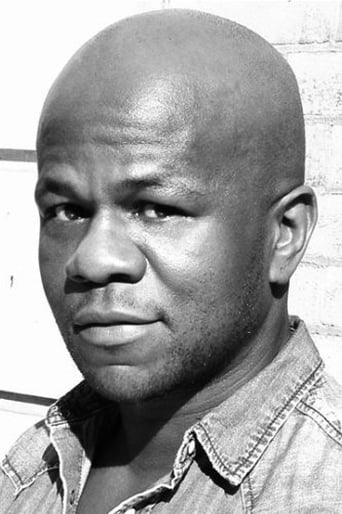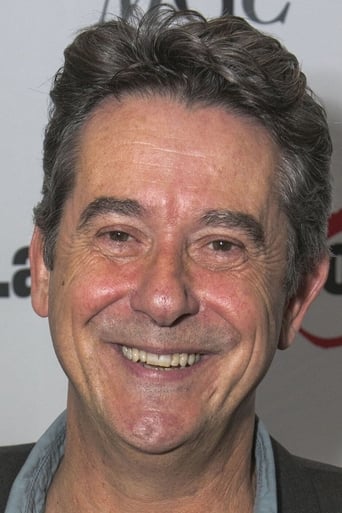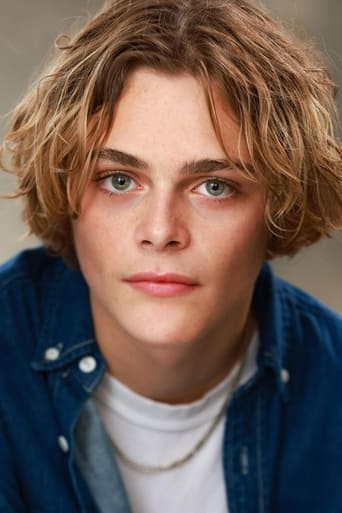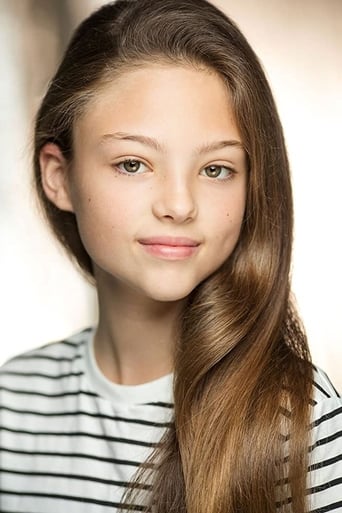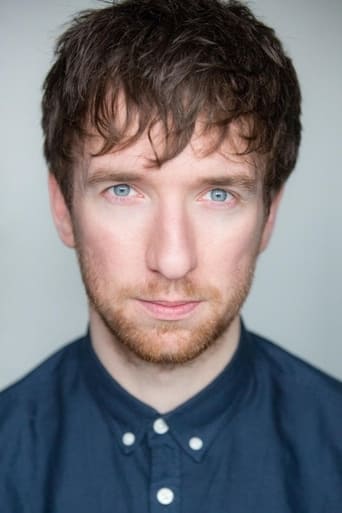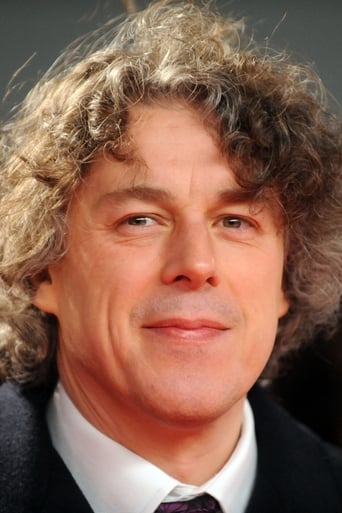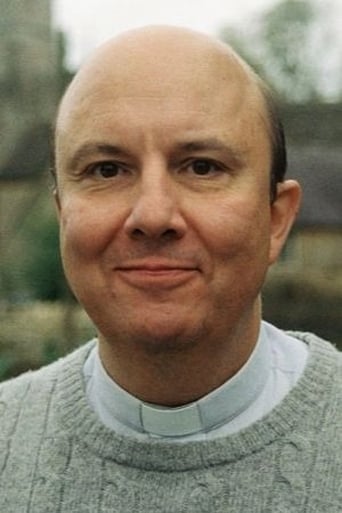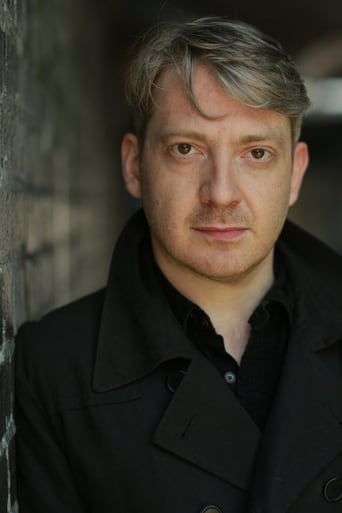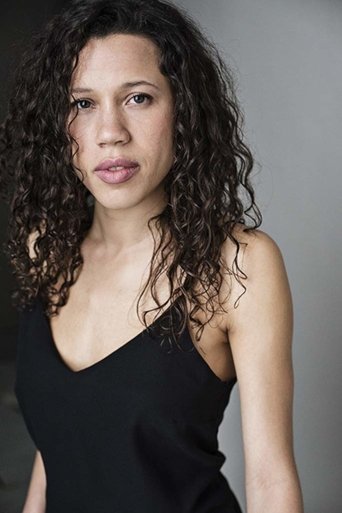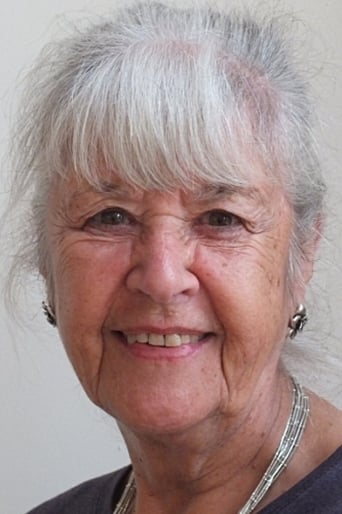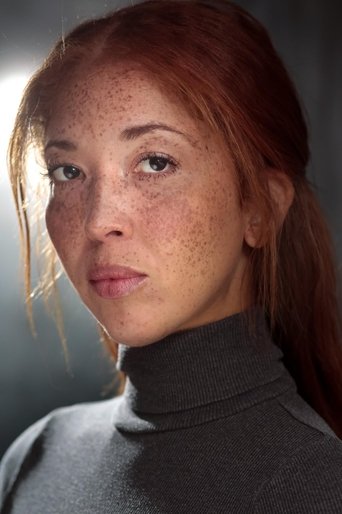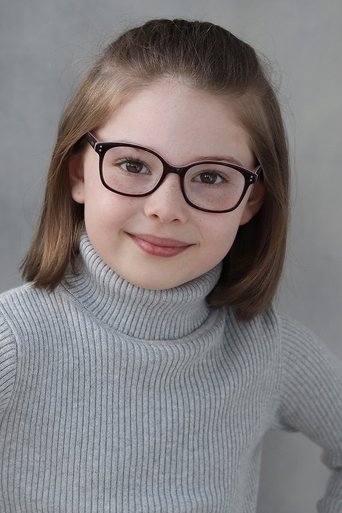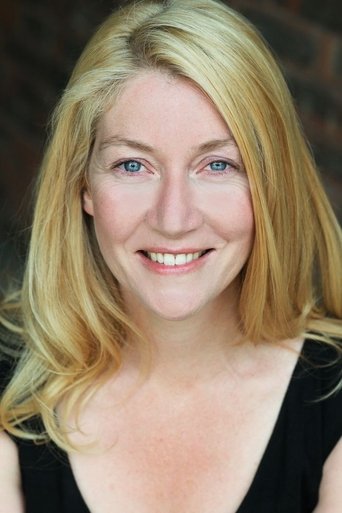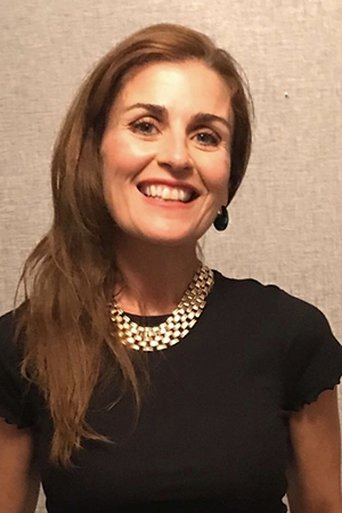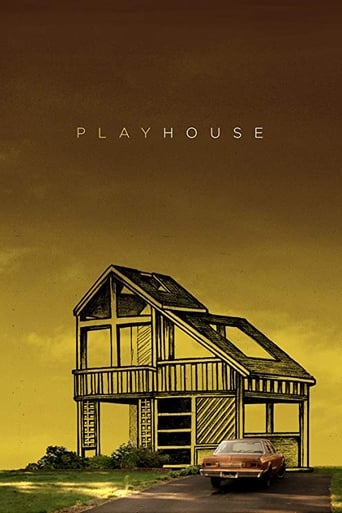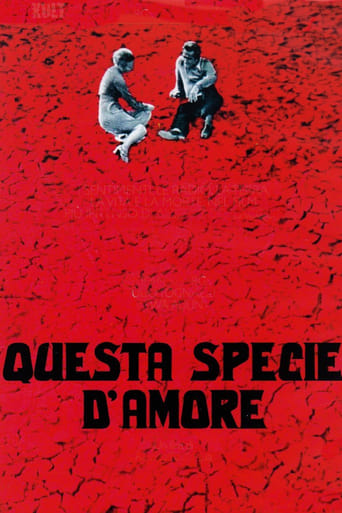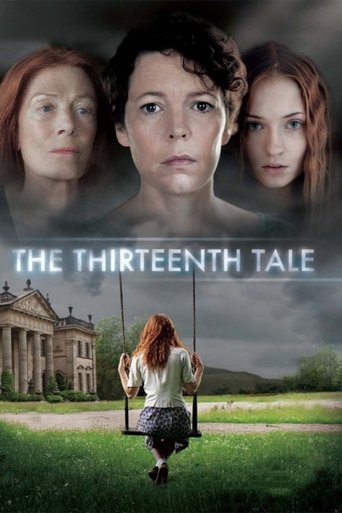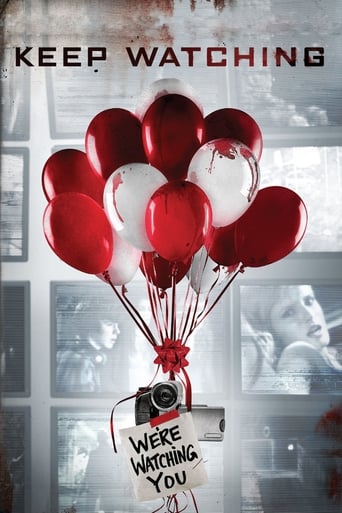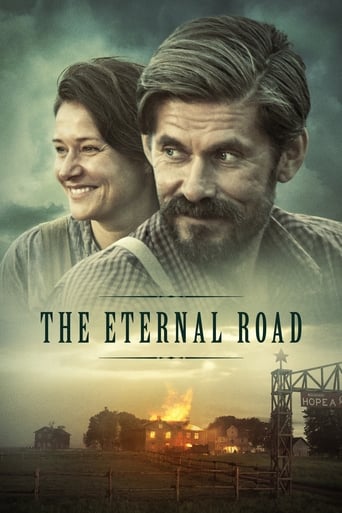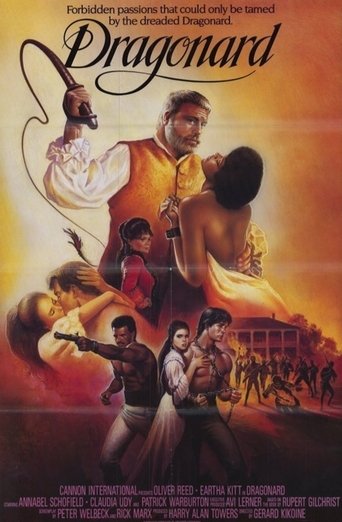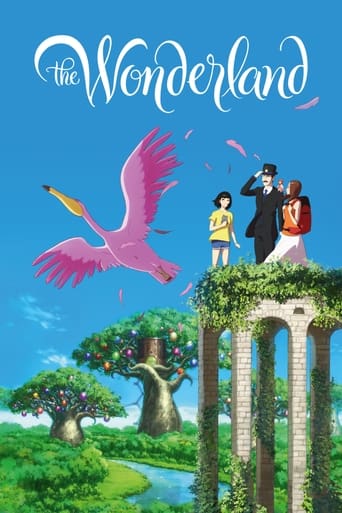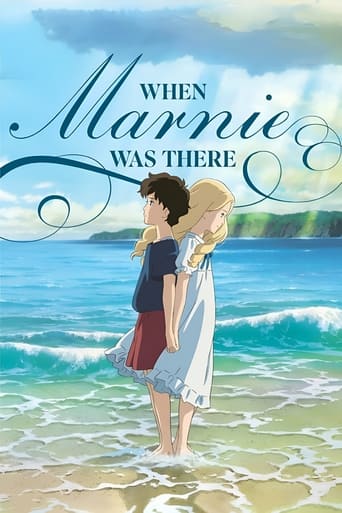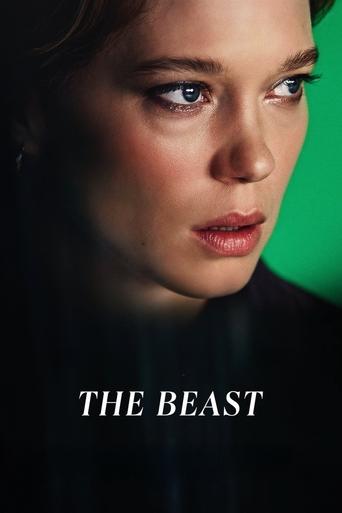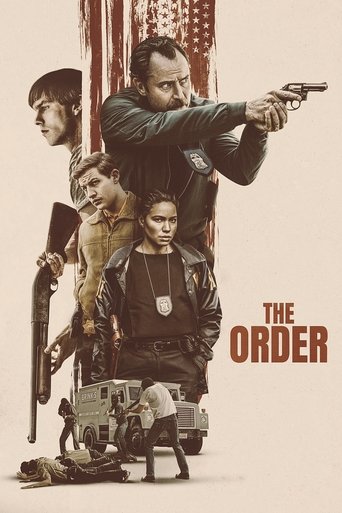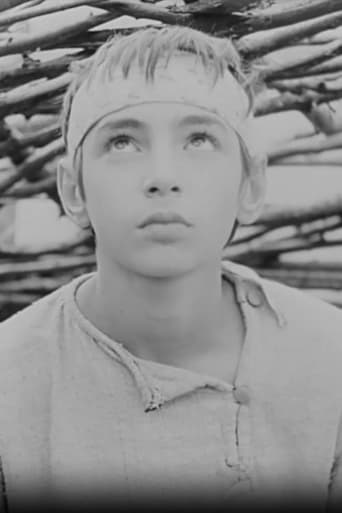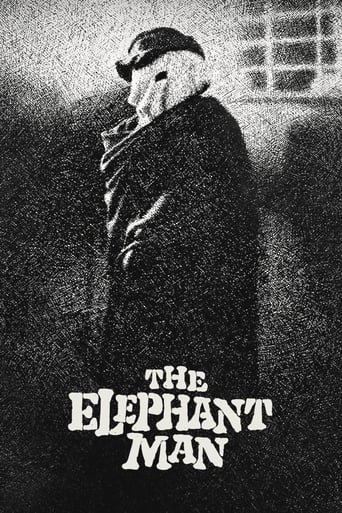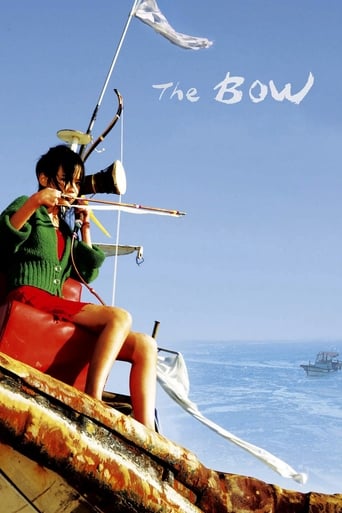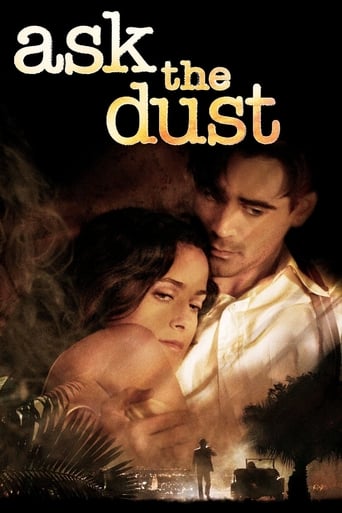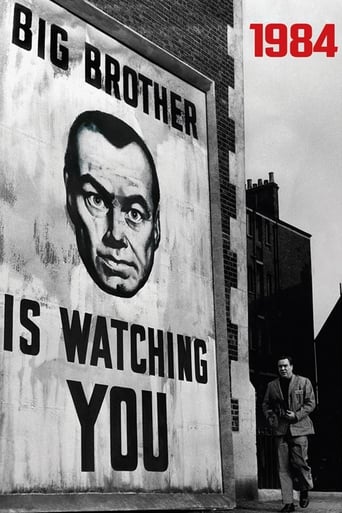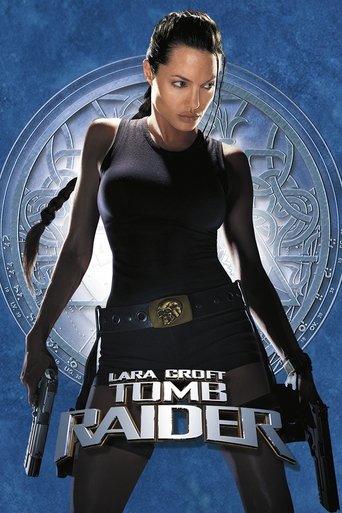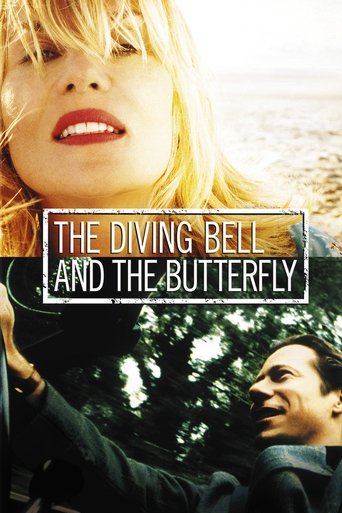
FX's A Christmas Carol (2019)
London, 1843. Ebenezer Scrooge, a bitter old man, despises the Christmas holiday. Over the course of Christmas Eve night he is visited by three ghosts to show him his past, present and future.
- Nick Murphy
- Michael Middleton-Downer
- Faz Buffery
- Lola Dauda
- Arizona Eastwood
- Jonathan Midlane
- James Nunn
- Steven Knight
- Emily Iredale
- Charles Dickens
Rating: 7.1/10 by 178 users
Alternative Title:
A Christmas Carol - GB
圣诞颂歌 - CN
A Christmas Carol - DE
Country:
United Kingdom
United States of America
Language:
English
Runtime: 02 hour 53 minutes
Budget: $0
Revenue: $0
Plot Keyword: london, england, husband wife relationship, based on novel or book, family secrets, family relationships, period drama, ghost, employer employee relationship, 19th century, christmas eve
**_A darkly magical realist re–telling that definitely isn't for kids_** >_If I could work my will, every idiot who goes about with "Merry Christmas" on his lips should be boiled with his own pudding and buried with a stake of holly through his heart._ - Charles Dickens; _A Christmas Carol. In Prose. Being a Ghost Story of Christmas_ (1843) > _I will honour Christmas in my heart, and try to keep it all the year. I will live in the Past, the Present, and the Future. The Spirits of all Three shall strive within me._ - _A Christmas Carol_ > **Frank Cross:** _I get it. You're taking_ _me back in time to show me my mother and father, and I'm supposed to get all goosey and blubbery. Well, forget it, pal, you got the wrong guy._ > > **Ghost of Christmas Past:** _That's exactly what Attila the Hun said. But when he saw his mother...Niagara Falls!_ - _Scrooged_ (Wri. Mitch Glazer, Michael O'Donoghue; 1988) Written by Steven Knight (_Amazing Grace_; _Eastern Promises_; _Locke_; and co-creator of _Peaky Blinders_ and _Taboo_), directed by Nick Murphy (_The Awakening_; _Blood_; _The Secret_), and with Ridley Scott and Tom Hardy counted amongst the executive producers, this latest adaptation of Charles Dickens' 1843 novella _A Christmas Carol. In Prose. Being a Ghost Story of Christmas_ (which aired on the BBC in the UK and Ireland as three one-hour episodes over three nights, and on FX in North America as a three-hour film) was heavily advertised as the "darkest" version of _A Christmas Carol_ ever made, definitely not for kids, and with a Scrooge for our bitter and jaded times. Very much eschewing the sweetness and levity of previous adaptations, the show takes itself very seriously (perhaps too much so), interrogating not just such standard fare as the exploitative nature of capitalism and the illogicality of certain Christmas traditions, but actually deconstructing the thematic foundations of the novella itself (especially the _dénouement_). It definitely isn't for everyone, and fans of the original have taken issue with changes such as the reformulation of Scrooge from misanthrope to villain, the depiction of child sexual abuse, the joyless nature of the Cratchit family, the 'reason' why the spirits come to Scrooge, and the relative absence of Scrooge's nephew Fred. And certainly, some of these complaints are justified. On the other hand, the show looks amazing, it's anchored by an extraordinary central performance, and the attempt to ground the whimsical nature of the original in something more akin to psychological realism is, for the most part, very well-handled. Good lord though, the last 30 seconds are spectacularly ill-advised. Set in London in December, 1843, although it has been a year since the death of asset-stripper Jacob Marley (a predictably superb Stephen Graham), his business partner and friend Ebenezer Scrooge (an incredible Guy Pearce) still mourns his passing. A miserly and cynical individual, Scrooge is contemptuous of the good cheer that people exhibit at Christmas, arguing that such sentiments are hypocritical and fake, a philosophy he takes great delight in explaining to his put-upon clerk, Bob Cratchit (Joe Alwyn), who he insists work a full day on Christmas Eve, much to Bob's wife Mary's (Vinette Robinson) chagrin. A poor but loving family, the Cratchits have two children – Belinda (Tiarna Williams) and 'Tiny' Tim (Lenny Rush), who has physical disabilities and whose survival through infancy was owing to Mary's rich cousin in America funding Tim's medical treatment. Meanwhile, in Purgatory, Marley is told that because he and Scrooge worked together to exploit others, his redemption is tied up with Scrooge's, and unless Scrooge opens his heart to kindness, Marley will never find peace. And so Marley visits Scrooge, telling him that three ghosts will be coming to see him, laying bare his life and choices – the Ghosts of Christmas Past (Andy Serkis), Christmas Present (Charlotte Riley), and Christmas Future (Jason Flemyng). The first thing that jumped out at me in this adaptation was the aesthetic, particularly Si Bell's dark and oppressive cinematography, which avoids primary colours as much as possible, instead casting the world in blacks, greys, browns, and off-whites, with ample use of deep shadows. Interiors punctuate mix these shadows with the teal and orange glow of the fireplaces, and overall the show's palette is extremely muted, as it should be. In this sense, it is quite literally the darkest adaptation of the story thus far, and the opening scene, featuring an ominous raven and a child urinating on Marley's grave, tells us just how unique the visual template is. Another nice early scene is when Scrooge is counting the recurring noises outside his window so as to chart his frustration. The scene is shot entirely from his perspective, we're locked inside his subjectivity, so we hardly ever see the people who are making the noises, we just hear the noises – an excellent way to convey that he looks at the world quantitatively, seeing no humans, only numbers. The most aesthetically impressive sequence comes in the last episode. I'll keep it vague, but essentially, as Scrooge stands in his office, he looks up and the ceiling has become a layer of ice. Then someone falls through the ice and seems to float in the air – we're actually underneath the ice layer, and the person who has fallen through is drowning (although seemingly suspended in mid-air, not water), all the while Scrooge looks up from his office below, helpless to intervene. It's a haunting and extraordinary image. There's also a very subtle shot in the second episode with huge thematic importance – as Scrooge relives a moment from his childhood, we see his father (an intense Johnny Harris) threaten to beat him as he cowers on a bed. However, although it is the adult Scrooge we can see, the shadow he casts is that of his childhood self. Shots like these really help the show stand out and provide some great moments of form matching content. Thematically, the show covers some of the same ground as the novella. In an early scene, for example, Scrooge brilliantly deconstructs the concept of gift-giving and then goes on to pick apart the very notion of Christmas cheer, in a speech that represents some of Knight's tightest writing; >_If it were a Christmas present. I would have wrapped it in ribbons and bows to artificially increase your anticipation. And you would tear it open and gasp and say, "Oh, my lord, a bottle of ink. This is exactly what I've always wanted." And I would shrug and smile and tell you that of all the ink bottles in all the world, this is the one ink bottle I wanted you to have on this most holy and sacred of days. Behold. One day of the year. They all grin and greet each other when every other day they walk by with their faces in their collars. You know, it makes me very sad to see all the lies that come as surely as the snow at this time of year. How many Merry Christmases are meant and how many are lies? To pretend on one day of the year that the human beast is not the human beast? That it is possible we can all be transformed. But if it were so – if it were possible for so many mortals to look at the calendar and transform from wolf to lamb – then why not every day? Instead of one day good, the rest bad, why not have everyone grinning at each other all year and have one day in the year we're all beasts and we pass each other by? Why not turn it around?_ In a subsequent scene, Scrooge relives the origins of this philosophy, as his drunken and bankrupt father tells the child, "_there are no gifts! A gift is just a debt unwritten but implied_" and, >_everyone out there – every man, every woman – they're all beasts who care only for themselves. Because that's what a human is. It's an inward‐looking thing only. This whole world is cock fighting cock, bear fighting dog._ Where this adaptation breaks from the novella, and where a lot of criticism has focused, is on the depiction of Scrooge himself. Usually a curmudgeonly old misanthrope, the worst you could really say of him was that he was a personification of some of the more unpleasant aspects of capitalism during the Industrial Revolution. Here, however, he has been refashioned as an outright villain, bordering on evil at times. And although we can read his kindness to animals as an indication that he's not beyond redemption, much of the rest of the show suggests that he may very well be! A manipulative asset stripper, Scrooge is complicit in the deaths of numerous factory workers _and_ numerous miners, due to his penny pinching ways. He's a man who goes out of his way to be nasty to people and whose treatment of Cratchit is almost fetishistically perverse. And that isn't even to mention his abuse of the power his wealth affords him, using it to compel people to demean themselves for his curiosity. I've seen much criticism saying that changing Scrooge in this way not only fails to enhance the core story, it actually serves to undermine it. I disagree with that, however, and would contend there is thematic justification for making this significant change. Dickens' Scrooge is not an irredeemable character or a man whose past transgressions are beyond forgiveness. The Scrooge of this show is such a man, which necessitates that the joyful catharsis found in Dickens's conclusion be reformulated somewhat as an altogether more sober moment of self-realisation, an acknowledgment that the past can't be changed, only the future. And the absence of such catharsis is precisely the point of this adaptation; this Scrooge is savvy enough to understand that redemption won't do anything to erase his past deeds, so he doesn't especially care about redemption, which is a kind of psychological verisimilitude not found in the original or any of the adaptations. Depicting Scrooge as much worse than usual allows Knight to build organically to a more downbeat, but so too more realistic ending that's far more in tune with our own cultural _milieu_ than the twee optimism found at the conclusion of Dickens's tale. Indeed, most (but not all) of the significant changes can be explained thematically. For example, the much discussed childhood sexual abuse storyline is there to add an extra layer of psychological trauma to Scrooge's childhood. Similarly, there's no final joyous scene with Fred because the show doesn't deem Scrooge worthy of such a scene. On the other hand, portraying Scrooge as a pseudo-sexual predator serves little intrinsic purpose. Yes, I understand it's to paint him as thoroughly vile, but it's unnecessary, and achieves nothing that couldn't have been accomplished using less extreme tropes. Another change I didn't really like is the unrelenting miserableness of the Cratchit family. In the novel, they're poor but loving, a deeply happy family who get strength from one another. In the show, they're a bunch of sourpusses who do little but complain (except Tiny Tim, he's fairly laidback). This achieves nothing – the whole point of the family in the novella is to show Scrooge that happiness doesn't necessarily depend on material possessions and wealth. On a much more practical level, the pacing of the show is also poor. The Ghost of Christmas Present only appears to Scrooge at the top of the second hour; he then takes that entire hour and about 20 minutes of the last hour. The Ghosts of Christmas Present gets about another 20 minutes and the Ghost of Christmas Future no more than 10 or so. This has the effect of making the first hour seem unending and the last hour seem rushed. Another issue I have is the design of the Ghost of Christmas Future. See the awesome Death-like figure on the poster? Don't get too attached to him because he never appears in the show, not once. The Ghost of Christmas Future is instead a guy wearing a long black coat and a black hat, with his mouth sown shut…and that's about it. Hugely disappointing. And then there's final 30 seconds. Eww. I have no idea what they were going for with this ending, but it makes little contextual sense, it's patronising, incredibly preachy, and…just wrong, both thematically and tonally. Indeed, if you really think about it, it completely undermines much of the themes the rest of the show has established. Nevertheless, I enjoyed this adaptation. It fulfils its promise to be the darkest Scrooge ever filmed, and it's a darkness that's both literal and figurative. It's an altogether more realistic version of the story, and more in tune with our cynical times, and for that, Knight should be commended. But the changes are significant, and a few don't work. In this sense, I'm honestly not surprised it got such a mixed reaction, and those pacing issues really should have been fixed during an early edit.
Nudity, the f-word, witches, child molestation, public urination, grave desiccation, hatred, prostitution, and it all ends on a nice note of spite... and I guess those changes were added in to make it politically correct? I guess the old milktoast ghost story about redemption wasn't politically correct enough, so adding in the f-word, witches, child molestation, and prostitution... all somehow made it more politically correct. In this version women all have magic powers, because women, and can use them to spite people, and it all ends on the uplifting note that there are more men to smite. So, I guess the old version about redemption was somehow politically incorrect, so they had to change the ending to give spite the last word over redemption? Ultimately, it's already a ghost story, there are certainly ways to make it darker and still keep it a Christmas story about redemption. I guess somewhere along the lines it went darker and replaced redemption with spite, and something tells me that the new message resonates much stronger with it's target audience than the concept of redemption ever could.

